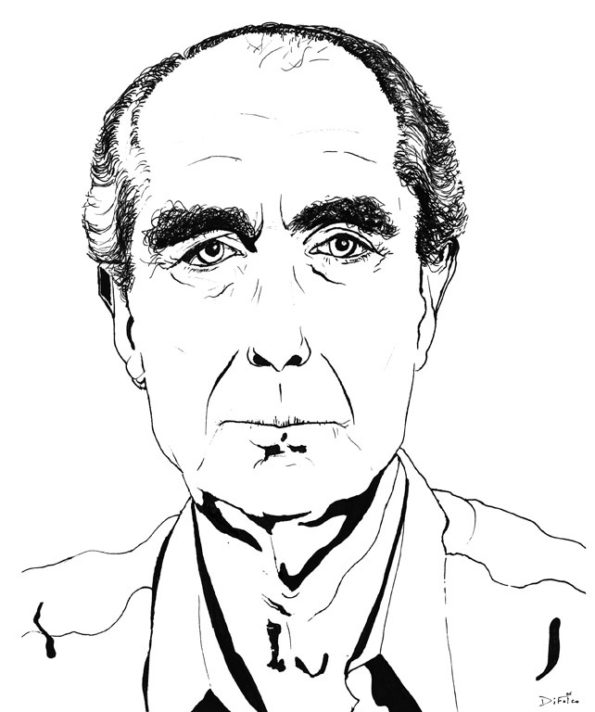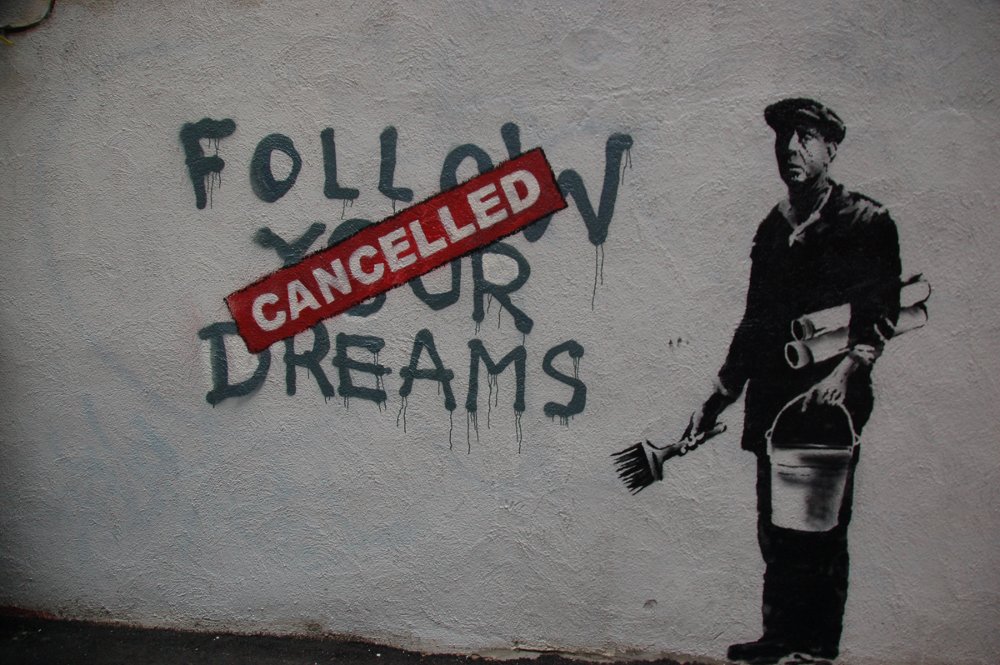
One of my favorite writers is Philip Roth. I loved all of his books, but American Pastoral tops the list. In American Pastoral, Roth follows the life of a successful Jewish businessman and high school star athlete from Newark, New Jersey. His subject’s upper middle class life is ruined by the domestic social and political turmoil of the 1960s when American went “berserk.” The book seems eerily relevant now.
In a recent interview with Judith Thurman, a staff writer for the New Yorker magazine (January 30, 2017), Roth was asked if the election of Donald Trump outstrips a novelist’s imagination. Here is his response.
“It isn’t Trump as a character, a human type – the real-estate type, the callow and callous killer capitalist—that outstrips the imagination. It is Trump as President of the United States. I was born in 1933, the year that FDR was inaugurated. He was President until I was twelve years old. I’ve been a Roosevelt Democrat ever since. I found much that was alarming about being a citizen during the tenures of Richard Nixon, and George W. Bush. But, whatever may have been seen as their limitations of character or intellect, neither was anything as humanly impoverished as Trump is: ignorant of government, of history, of science, of philosophy, of art, incapable of expressing or recognizing subtlety or nuance, destitute of all decency, and wielding a vocabulary of seventy-seven words that is better called Jerkish than English.”
I’ve always admired writers with vivid imaginations who express their ideas in such lucid and compelling ways. Imagination is what distinguishes creative geniuses like Philip Roth. Imagination can be a very powerful tool in life, but it also has a dark side that is exemplified by the likes of Donald Trump, who imagines himself to be much greater and capable than he is. Most people suffer some form of this exaggerated sense of self, but there are varying degrees. Trump represents the far end of the continuum.
John D. Gartner, a prominent psychologist at Johns Hopkins put a clinical label on Trump’s self-inflated imagination: malignant narcissism. Sounds right to me.
Imagination runs rampant with Trump as evidenced by his simplistic and solipsistic thinking and proclamations. He approaches extremely complex problems with orders that are devoid of details. His ego-centrism and self-indulgence lead him to believe that his solutions will work simply because he thinks them up and wishes his realty to be accepted as gospel truth. Nothing is real to him outside his own experiences. He is thus a great example of imagination run amok.
Yes, imagination can be for better or for worse. On the plus side, it is the vital ingredient for innovation, creativity, and the generation of new ideas. On the negative side, imagination can fuel our delusions of being more sane and capable than we really are.
Identification can also be for better or for worse. Phillip Roth identifies as a writer which, given his history, is a reasonable and sane sense of self. Donald Trump identifies as a leader who makes big deals, wins at any cost, and measures success by the size of his bank account—imagined or not. To give him his due, I see Trump as a marketing genius capable of manipulating folks to buy his empty promises. He brilliantly promoted his product (hate, fear, and nostalgia) to his target market, and he was able to tap into the anger and insecurities of enough people to win the election. The problem for America is that our President needs to be a leader, not a marketer. A leader sets high standards, looks for creative ways to satisfy shared values, and works collaboratively to solve complex problems—not manipulate the disenfranchised with “alternative facts.”

In preparation for this post, I referred back to Mark Lilla’s article in the New York Times entitled “The End of Identity Liberalism” published on November 18, 2016, as a postscript to the election. Lilla is a professor of humanities at Columbia University and the author of The Shipwrecked Mind: On Political Reaction. In the article, Lilla suggested that Trump was able to win because liberals had succumbed to moral panic about racial, gender, and sexual identity and thus failed to rally the electorate behind a unifying force. Essentially, he posited, liberals’ obsession with diversity encouraged white, rural, religious Americans to think of themselves as disadvantaged, threatened, and ignored. This strategic mistake strengthened Trump’s hand and helped to hand him the election. To be specific, 80% of white evangelicals voted for Trump. Lilla should have expanded his title to say “and the Beginning of White, Right, Political Identity”—the real reason for Trump’s win.
For me, identity is important, but over-identification causes all kinds of problems individually and collectively.
Gender identity, racial identity, and sexual identity give people a sense of who they are and encourage a feeling of community. Identity politics, at its best, values diversity, celebrates differences, and welcomes the expression of different experiences and points of views. Affirmative Action Programs, Equal Opportunity Legislation, and Black Lives Matter have all stimulated actions that have reduced discrimination, surfaced injustice, and provided increased opportunity for minorities. Identifying is not a bad thing.
The problem comes when over-identification precludes us from 1) seeing commonalities, 2) focusing on larger issues, and 3) strengthening our ability to persuade a majority of the population to get behind a more progressive agenda. When Fox News mocks politically correct, campus craziness it resonates with a lot of folks. Liberal over-identification is Fox ammunition. In short, identity is a strength, when taken too far, becomes a vulnerability and a weakness.
So now, 10 days after the election, we are witnessing the dismantling of Affordable Health Care, environmental and immigration policies, and trade agreements. Simultaneously, we are seeing executive orders for higher walls, fewer regulations, and bigger tax breaks for corporations and the elite 1%.
We are paying a big price for our own imagination that Hillary couldn’t lose and our over-identification with one group or another.

In spite of all those actions I deplore, however, I want to use this post to thank Donald Trump. Yes, I want to thank him for a dozen contributions:
1) demonstrating the importance of facts, 2) shining a bright light on the darkness of intolerance and injustice, 3) exposing Republican cowards who refuse to stand up for the Christian values they espouse, 4) mobilizing resistance, 5) igniting outrage for rights violations, 6) exposing bigotry, 7) waking people up to the reality that we don’t live in a post racial society, 8) inspiring a Women’s March, 9) boosting fund raising for ACLU and Planned Parenthood, 10) demonstrating the downsides of an over-active imagination, 11) showing us how over-identification can get in the way of a larger purpose, and 12) pointing out unequivocally that we need a new culture and consciousness.
I have empathy and sympathy for the experience of the people who voted for Trump, but I have contempt for the expressions of hate that have been fueled by his victory.
As a result of this electile dysfunction, I have become much more observant of my own inclinations to over-identify or to imagine myself as being more than a speck on the windshield of history. For me, the learning in this fiasco is that we need to recognize in ourselves the importance of vigilantly observing with impartial objectivity our imagination (when it’s over-inflated) and our identification (when it keeps us from seeing connections and commonalities).
So Philip Roth, I implore you to keep writing and to keep inspiring us with your profound insights and creative imagination. You may be 83 years old, but your strong identity as a writer is not only well deserved, but serves us all. You are a gift to humanity.
And Trump, I implore you to resign. Your election was a travesty; and your hasty, hubristic, hateful decisions will lead to tragedy. You are a blight on civilization. And no, that assessment is not the result of my over-identifying as a progressive. It’s simply the truth.
Also published on Medium.



Best one ever Ricky! Keep it up!! RonnyDonny
BRAVO!